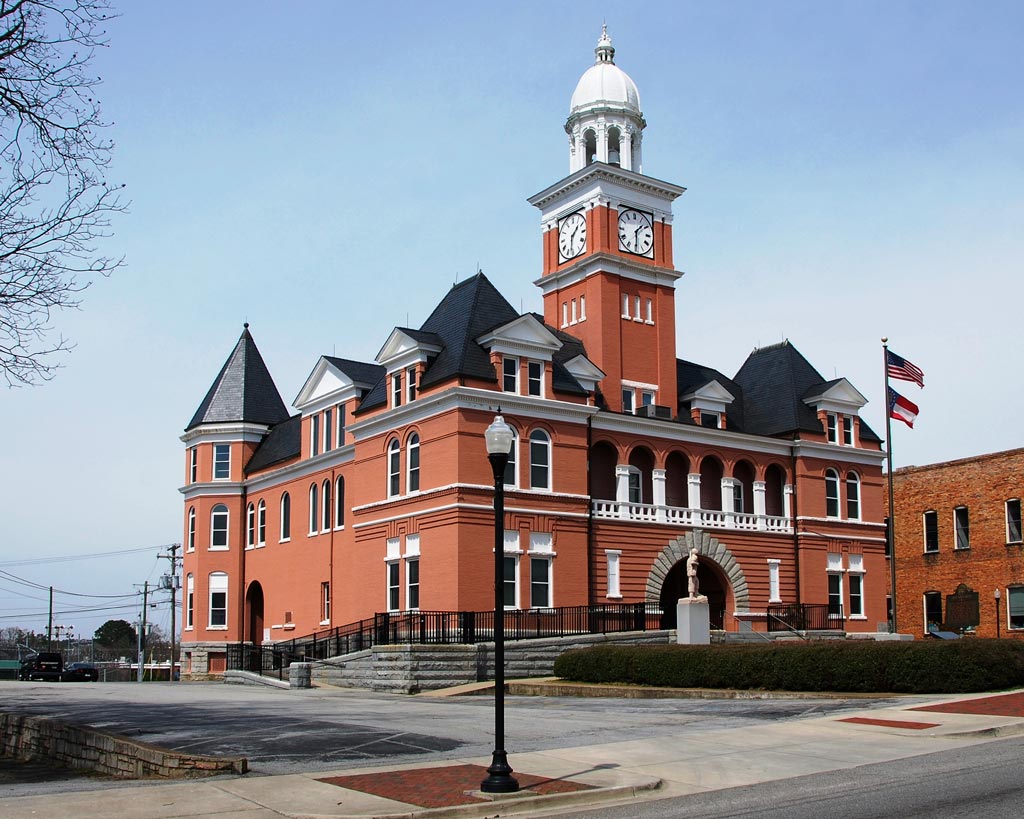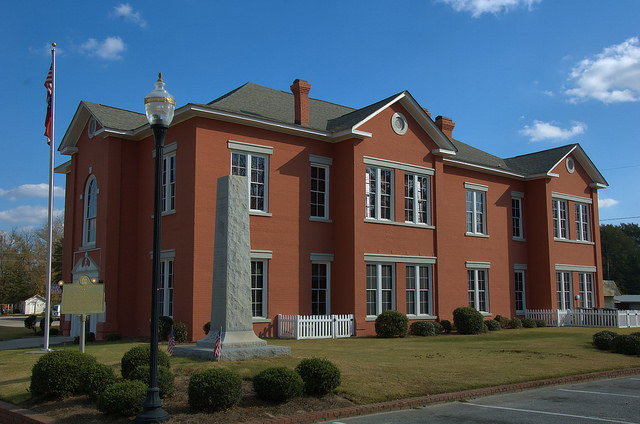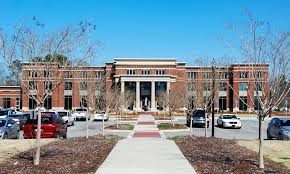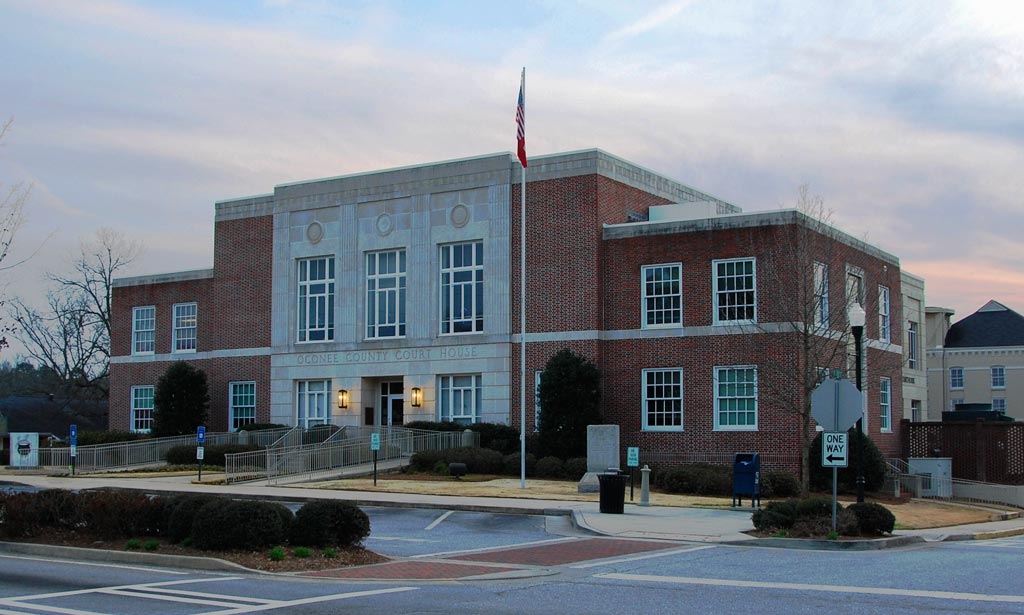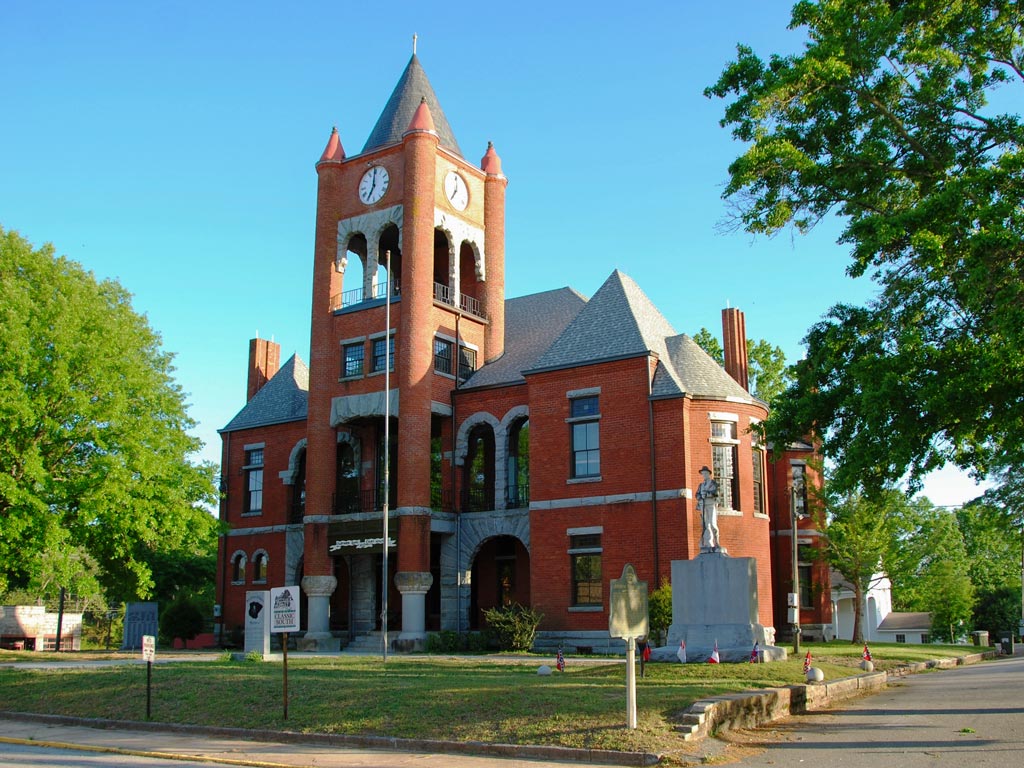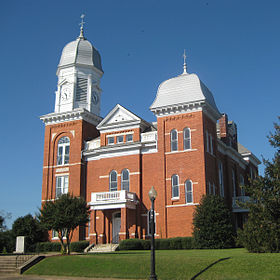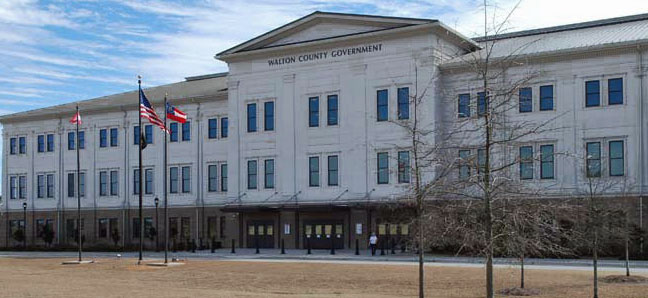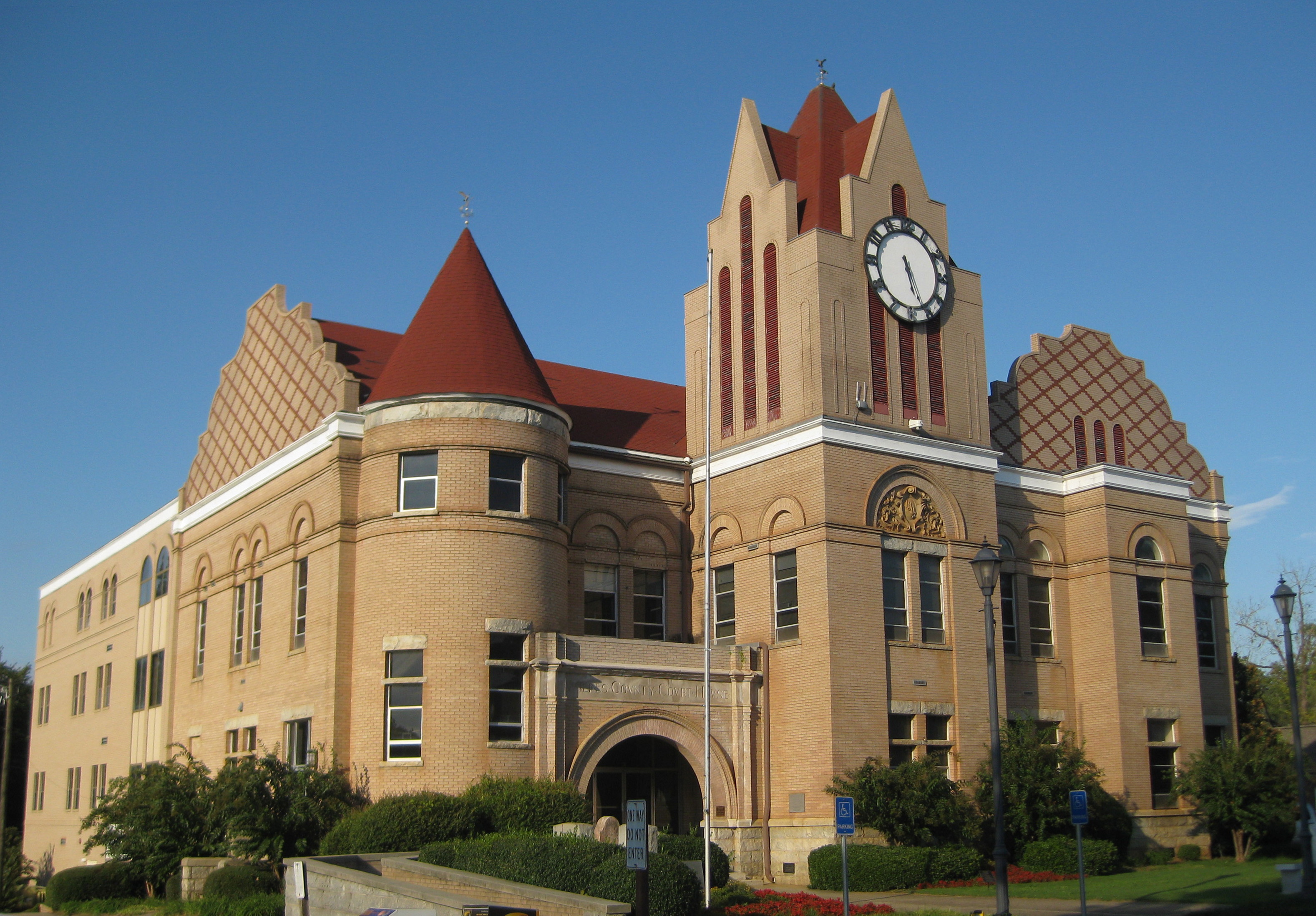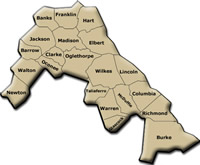About the 10th Judicial District .
. .
The district oversees the operation of the 10th District
Alternative Dispute Resolution (ADR) Program that serves the Alcovy,
Northern, and Western Circuits. The court-annexed ADR Office
provides these courts case disposition alternatives to include
mediation, arbitration, case evaluation and the Divorcing Parents
Seminar. The District also utilizes senior judges in Judicially
Hosted Settlement Conferences as another alternative for civil and
domestic matters.Additionally, the district provides administrative and fiscal support to many of the courts and their accountability courts within the District. The District assists judges in a wide variety of administrative areas including budget, grant administration, personnel, research, and information technology.
Tenth District Superior Court Judges are active participants in the affairs of the Council of Superior Court Judges of Georgia (CSCJ). This statewide body was created by legislation in 1981 "to effectuate the constitutional and statutory responsibilities conferred upon it by law and to further the improvement of the Superior Courts and the administration of justice." (O.C.G.A. §15-6-34(b)) The CSCJ is governed by an executive committee composed of the ten district administrative judges and four officers elected by its members.
While the judges serve on a number of other state¬wide boards, commissions, and panels, most of their activity is centered in the district. With the passage of the Judicial Emergency Act and subsequent legislation, the district represents judicial interest in the formulation of plans to deal with natural and man-made emergencies and courthouse security. In conjunction with law enforcement, emergency personnel, and medical responders, the district strives to protect people, property and information with the adoption of the emergency plans.
The district is fortunate to have a number of counties building or contemplating building new, modern, efficient courthouses. The district provides knowledge and advice in the programming and planning of these new facilities. By incorporating security, design, and technology, the public is better served by its judiciary. Advances in technology have afforded the courts better ways of providing easier access to justice and speedier disposition of cases.
The District Court Administrator (DCA) likewise represents both the courts and judges in numerous capacities. The DCA is also active in several statewide committees and policy-making bodies such as the Georgia Council of Court Administrators (GCCA), Council of Superior Court Judges and the Judicial Council. The DCA is also active in educational and leadership development with the National Association for Court Management (NACM).





